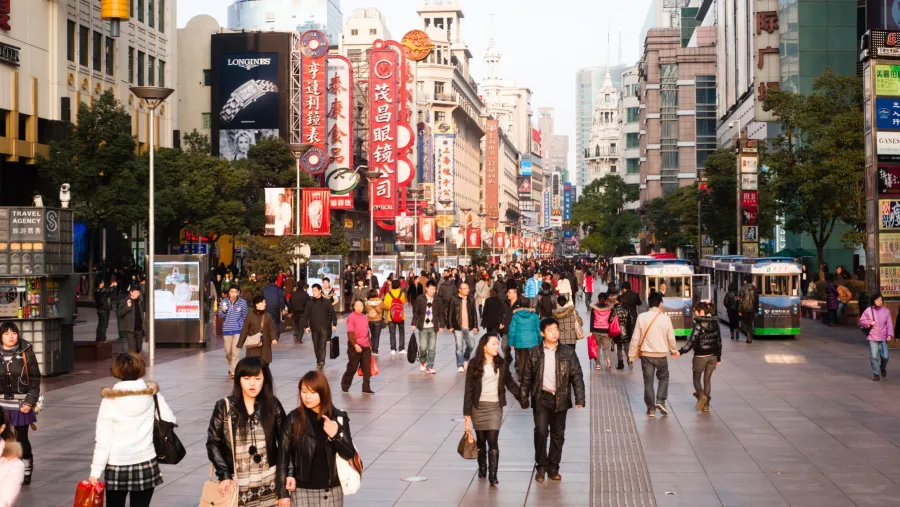
China's retail market to grow by $1.19b by 2028
It will be driven by e-commerce and omni-channel strategies
The retail market in China is projected to increase by $1.19b from 2024 to 2028 with a CAGR of 8.09%, according to Technavio.
The growth will be fueled by the premiumisation of products and the widespread adoption of online and omni-channel retailing methods.
The report said omni-channel retailing is gaining traction in China as businesses recognise its pivotal role in enhancing product visibility and customer engagement. This strategy integrates various distribution channels such as retail stores, mobile apps, and online platforms, driving higher consumer interaction and sales.
E-commerce is also a major driver of this growth, with major players like JD.com, Alibaba, and Walmart expanding their online offerings across the country.
Additonally, the accessibility of the internet and the rise of online banking have bolstered this trend, making online channels a lucrative avenue for retailers.
E-commerce sales are projected to grow at a rapid pace of 25% annually.
However, the Chinese retail market faces challenges, particularly in combating counterfeit products, which constitute an estimated 40% of goods sold, especially in luxury sectors.
“These imitations, often priced lower than authentic items, pose a threat to both market shares and brand reputations of leading global brands,” the report stated.
“Counterfeit cosmetics and personal care products, in particular, can lead to harmful side effects due to their use of cheap ingredients,” it added.
Efforts to address this issue include proposed legislation and rigorous monitoring by major online retailers like Alibaba.
Despite these challenges, the retail sector in China remains dynamic, with significant opportunities in sectors ranging from electronics to beauty products.
The market's evolution is also driven by advancements in technology, including IoT and augmented reality, reshaping consumer experiences and expectations.

















 Advertise
Advertise






